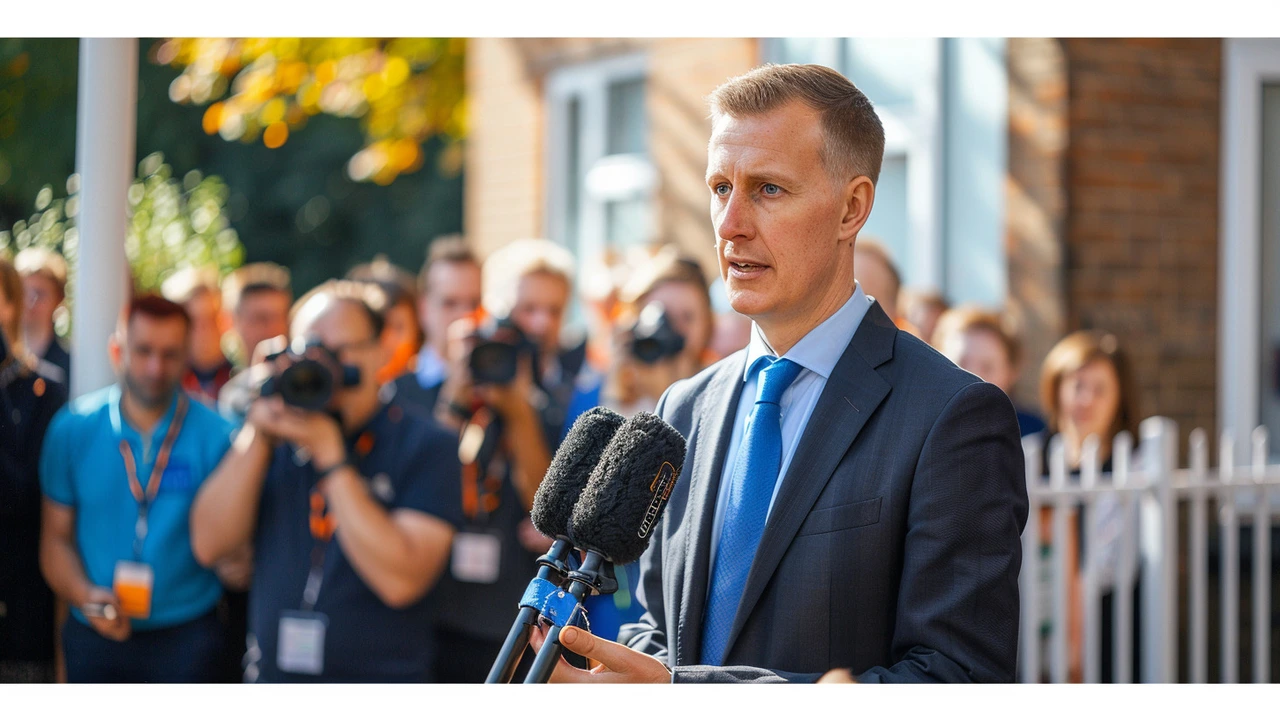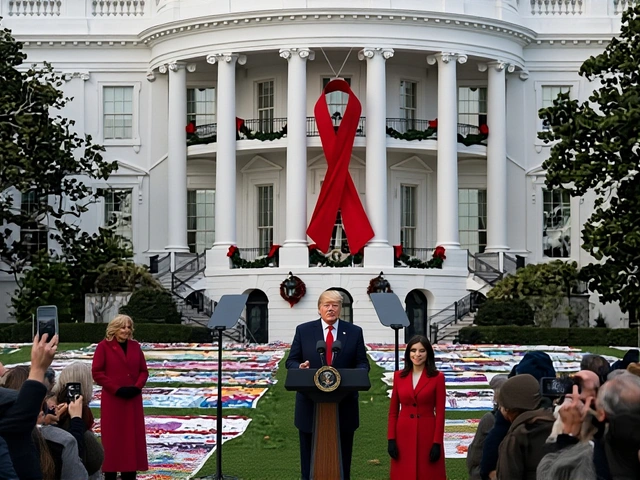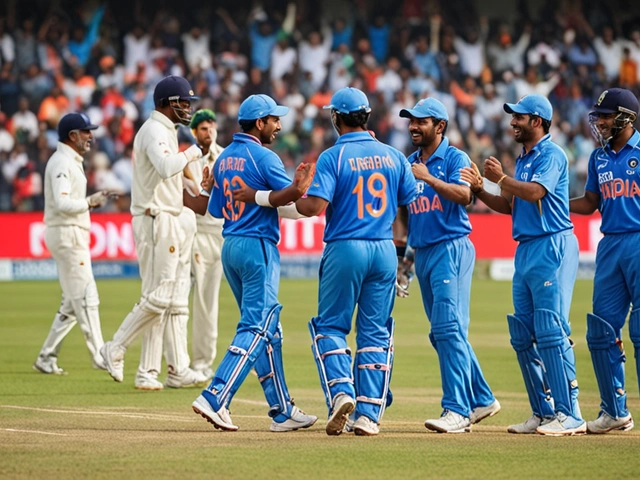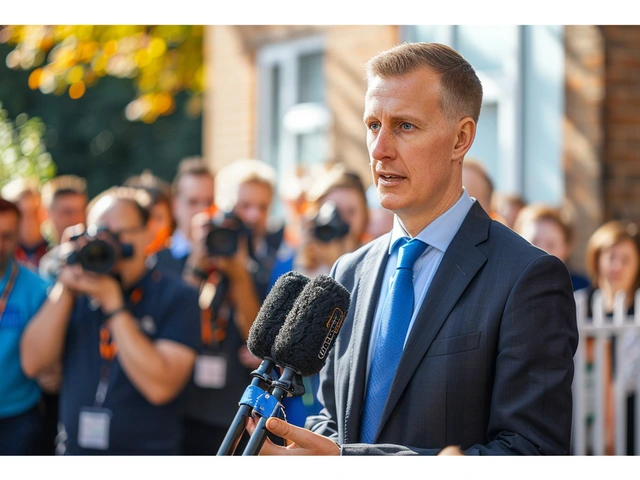Jeremy Hunt Declines Leadership Bid: Implications for the Conservative Party
In a striking turn of events, Jeremy Hunt, the former Chancellor and a prominent figure in the Conservative Party, has unequivocally ruled himself out of the upcoming leadership race to succeed outgoing party leader Rishi Sunak. This marks the second time Hunt has opted out of a leadership contest, previously withdrawing from the race following Boris Johnson's resignation in 2022. Hunt, having contested Johnson in the 2019 leadership election, had been viewed by many as a stabilizing force with a moderate stance, which some hoped could counterbalance the party's potential drift towards a more right-wing ideology.
This decision by Hunt may come as a disappointing revelation for moderate Tories who are apprehensive about a significant ideological shift within the party. Jeremy Hunt, often seen as a figure of experience and centrist policies, represented a possible anchor for those within the party seeking continuity and stability. His refusal to engage in the leadership race leaves a noticeable void in the moderate camp, potentially paving the way for more conservative elements to gain prominence.
Emergence of Suella Braverman as a Leading Contender
With Hunt stepping aside, attention now shifts to other potential leaders, most notably Suella Braverman, a prominent right-wing figure known for her ardent positions on various policy issues. Braverman's vocal stance on immigration and Brexit has earned her a reputation as a strong ideologue within the Conservative ranks. Having secured a significant majority in her constituencies of Fareham and Waterlooville, Braverman is well-positioned as a formidable contender. This is especially significant given the depletion of many potential rivals following the party's challenging electoral losses.
The anticipated entry of Braverman into the leadership contest signals a potential transformation in the party's direction, favoring right-wing policies and attitudes. Her leadership could profoundly shape the Conservative Party's trajectory at a time when it is grappling with its worst electoral performance in recent history. The party saw an unprecedented defeat, with Labour securing 412 seats compared to the Conservative Party's 121. This disastrous performance has led to Sunak's decision to step down as party chief once the formal procedures for the leadership election are in place.
Other Potential Candidates for Tory Leadership
While Braverman's candidacy is gradually becoming the focal point of the leadership race, a number of other notable Conservatives are also expected to throw their hats into the ring. James Cleverly, the Foreign Secretary, has garnered respect for his diplomatic acumen and political insight, positioning him as a potential candidate. Kemi Badenoch, known for her unapologetic views on social issues and race, may appeal to a section of the party craving bold and outspoken leadership.
Dame Priti Patel, the former Home Secretary with a firm stance on security and immigration, could also emerge as a key player in the leadership contest. Robert Jenrick, who has served in various senior ministerial roles, provides a blend of experience and policy expertise, while Victoria Atkins, with her background in law and order, could bring a fresh perspective to the table. Each of these potential candidates offers distinct qualities and visions for the party's future, promising a diverse and possibly contentious leadership contest.
The Path Ahead for the Conservative Party
The specifics of the leadership race, including its rules and timelines, will be delineated by the influential backbench 1922 Committee. This committee, central to the internal workings of the Conservative Party, will play a crucial role in determining the pace and structure of the election process. Their decisions will ultimately shape how the party navigates this critical juncture and sets the tone for the leadership battle ahead.
As the Conservative Party stands at this crossroads, the forthcoming leadership contest represents more than just a change in personnel. It embodies a defining moment for the party's ideological direction and its approach to both national and international challenges. The outcome of this contest will resonate far beyond the party's internal mechanisms, influencing Britain's political landscape for years to come. Conservatives across the spectrum will watch closely as the race unfolds, each hoping that their vision for the party's future prevails.
In essence, Jeremy Hunt's decision to forgo another bid for leadership, the looming presence of right-wing contenders, and the overarching need for a cohesive strategy following significant electoral setbacks encapsulate the current state of flux within the Conservative Party. It remains to be seen who will emerge victorious and what kind of leadership they will bring to steer the party through these turbulent times.







Jo Simpkinson
July 7, 2024 AT 00:05Jeremy Hunt stepping aside is like a tragic curtain falling on a stage of moderation. The party now looks like a ship without a seasoned captain, drifting toward stormy right‑wing seas. Every moderate Tory can feel the cold wind of ideological change nipping at their heels. The loss of Hunt's centrist voice leaves a cavernous echo in the corridors of Westminster. Some may celebrate the opportunity for bold new leadership, others mourn the quiet sanity that is gone. The rise of Suella Braverman seems inevitable, a beacon for hard‑line voters. Yet her fire‑brand rhetoric could scorch the party's fragile ties to the centre. James Cleverly might try to steer a middle course, but will he be heard over the clamor? Kemi Badenoch's fierce stance on culture could ignite further divisions. Priti Patel's law‑and‑order mantra may appeal to some, yet alienate others craving compassion. The 1922 Committee now holds the reins, deciding how fast the treadmill spins. With the recent electoral disaster still fresh, the stakes are higher than ever. The Conservative future hangs in a delicate balance, teetering between chaos and order. Will the party find a new anchor or plunge deeper into turbulence? Only the coming weeks will reveal whether the Tories can reinvent themselves or dissolve into irrelevance.
Darrell Kuykendall
July 13, 2024 AT 17:32Wow, what a twist! Jeremy Hunt walking away really opens the floor for fresh faces!!! It's a chance for the party to reinvent itself and maybe even pull itself together after that brutal loss!!! I know it feels chaotic now, but think of the possibilities – new ideas, new energy!! Let's stay hopeful and keep the conversation going!!
Dean Obijekwu
July 20, 2024 AT 10:59I guess the party's just winging it now.
finlay moss
July 27, 2024 AT 04:27Well look at that, the Tories are about to go full throttle on the right, huh? I mean, who needs balanc when you can have drama?? Honestly its like watchin a soap opera with no script, and I'm lovin the chaos.
Carl Gough
August 2, 2024 AT 21:54Enough of this tepid middle‑ground nonsense! The party needs a leader who can roar like a lion, not whimper like a kitten. Suella Braverman is that lion – sharp, fierce, unapologetically bold. Let the conservatives ditch the beige and wear some damn colour! If you’re scared of a little fire, maybe politics isn’t for you.
Rebecca Hayes
August 9, 2024 AT 15:21From a strategic standpoint, the departure of Hunt eliminates a key pivot point in the party's policy matrix. This opens up bandwidth for emergent leaders to capitalize on narrative framing and voter segmentation. It’s essential that we maintain cohesion across the policy pipeline while reframing the party brand. Collaboration across factions will be the linchpin to mitigate electoral volatility.
Jason Underhill
August 16, 2024 AT 08:48Oh great, another right‑wing takeover 🙄. Because what we really needed was more divisive rhetoric, right? 🙃 If they think this will magically fix the loss, they’re living in a fantasy world. Good luck with that, folks.
Kirsten Wilson
August 23, 2024 AT 02:16Isn't it rly deep how a party's identity can be a mirror of society's own soul? When moderates vanish, the echo becomes louder, louder, louder. Maybe this is a chance to re‑examine what we truly value in governance, or maybe just another power grab. Either way, the story keeps unfolding.
Michelle Roque
August 29, 2024 AT 19:43Seems like the Conservatives are stuck at a crossroads, and nobody's got the map. Just watching from the sidelines.
Killian Lecrut
September 5, 2024 AT 13:10Oh brilliant, just what we needed – another charismatic firebrand to light up the backbenches. Nothing says “stability” like a rollercoaster ride through policy land. Cheers to the drama!
Subi Sambi
September 12, 2024 AT 06:38The trajectory is obvious: without a centrist anchor, the party spirals into ideological extremism. This is a textbook case of factional decay, and the leadership battle will only deepen the schism. Voters will punish this self‑inflicted wound at the next election.
Joshua Rainey
September 19, 2024 AT 00:05Wow, what an epic saga you’ve penned – truly Shakespearean! Too bad the real world doesn’t have a neat five‑act structure, just endless spin cycles. While you list every possible outcome, the party is already scrambling for a headline. Maybe next time we’ll get a plot twist that isn’t just more of the same.